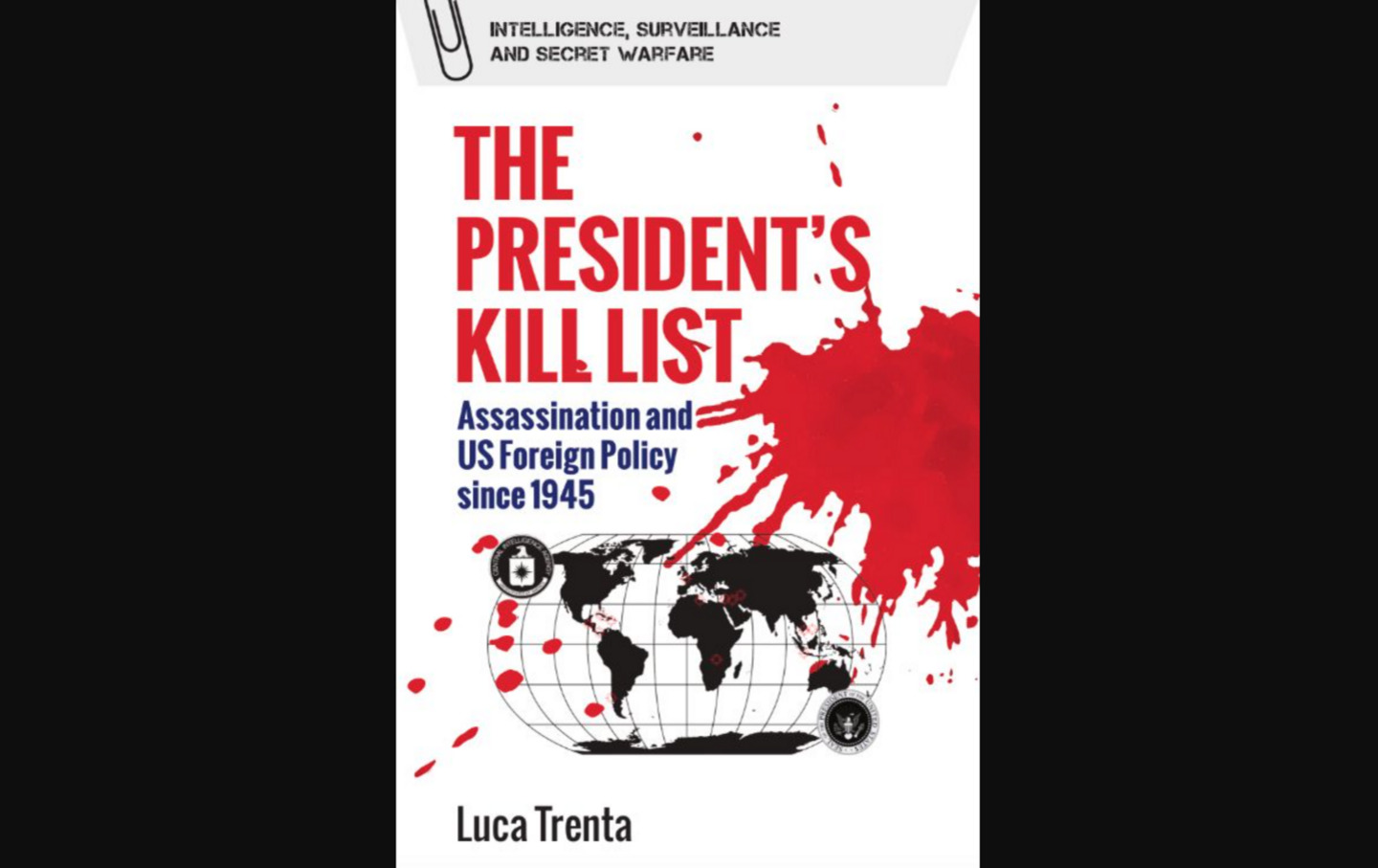Assassination and US Foreign Policy Since 1945
On this episode of American Prestige, Luca Trenta on US policy on assassinations as a foreign policy tool.

Here's where to find podcasts from The Nation. Political talk without the boring parts, featuring the writers, activists and artists who shape the news, from a progressive perspective.
On this episode of American Prestige, Danny and Derek are pleased to welcome back to the podcast Luca Trenta, associate professor in International Relations at Swansea University and author of The President’s Kill List. The group discusses assassinations and international law, when and how assassination became a tool for US foreign policy, the difficulties in accessing declassified documents about this topic, the unsuccessful attempts on the life of Fidel Castro and successful operations against the likes of Osama Bin Laden and Patrice Lumumba, the intelligence community using assassination as a “low level” (i.e. not nuclear) form of retaliation in the Cold War, the contemporary justifications for assassinations as “self defense”, the notion of “imminence”, and more.
Advertising Inquiries: https://redcircle.com/brands
Privacy & Opt-Out: https://redcircle.com/privacy

The President’s Kill List: Assassination and US Foreign Policy since 1945.
(Luca Trenta)On this episode of American Prestige, we are pleased to welcome back to the podcast Luca Trenta, associate professor in International Relations at Swansea University and author of The President’s Kill List. The group discusses assassinations and international law, when and how assassination became a tool for US foreign policy, the difficulties in accessing declassified documents about this topic, the unsuccessful attempts on the life of Fidel Castro and successful operations against the likes of Osama Bin Laden and Patrice Lumumba, the intelligence community using assassination as a “low level” (i.e., not nuclear) form of retaliation in the Cold War, the contemporary justifications for assassinations as “self-defense,” the notion of “imminence,” and more.

Here's where to find podcasts from The Nation. Political talk without the boring parts, featuring the writers, activists and artists who shape the news, from a progressive perspective.
On this episode of American Prestige, William Hartung — senior research fellow focusing on the arms industry and US military budget at the Quincy Institute for Responsible Statecraft — joins the program to discuss reports that the Trump administration is planning “sweeping budget cuts” for the Pentagon. We talk about these “cuts” being more accurately termed “reinvestments” into other areas, the enormous amount of defense spending and the culture that engendered this, how the defense industry has changed in the past 20 years, actual moves that could meaningfully reduce the military budget like reducing bloated systems (F-35s, aircraft carriers) and overseas bases, whether there exists an influential constituency to support military budget cuts, and more.
Advertising Inquiries: https://redcircle.com/brands
Privacy & Opt-Out: https://redcircle.com/privacy
